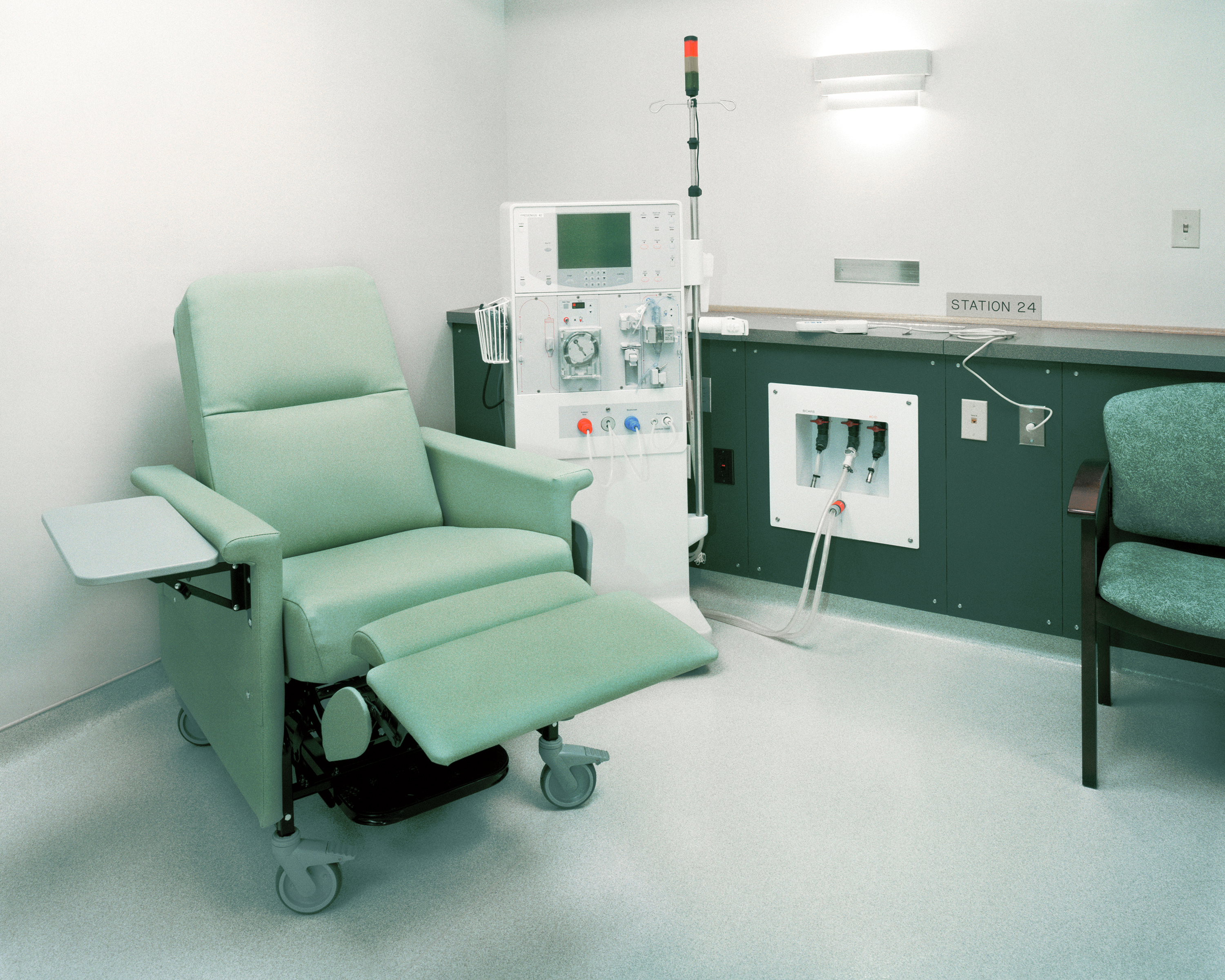DPC’s Letter to the California Assembly About Quality Ratings
Assembly Member Jim Wood Chair Committee on Health State Capitol, Room 6005 Sacramento, CA 95814 Assembly Member Chad Mayes Vice Chair Committee on Health State Capitol, Room 6005 Sacramento, CA 95814 Re: Support for AB 1448 Dear Chairman Wood and Vice Chairman Mayes: With 32,000 dialysis patient members, over 4,000 of whom reside in California, Dialysis Patient Citizens (DPC) is the nation’s largest patient-led organization representing individuals with end-stage renal disease (ESRD). On behalf of California’s 70,000 ESRD patients and the DPC Board of Directors, I am writing to express our strong support for [...]








